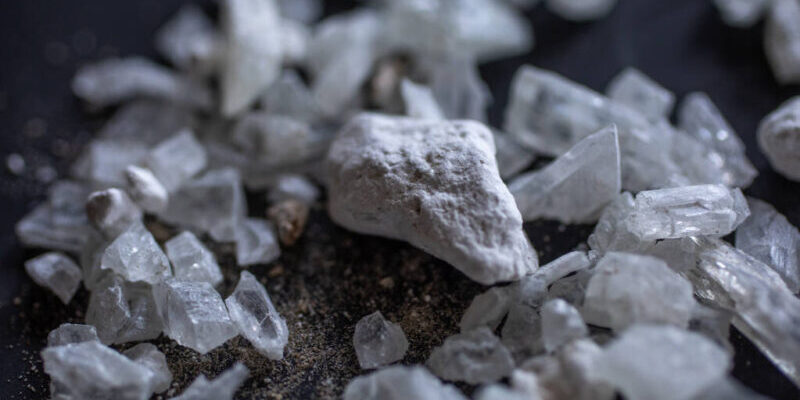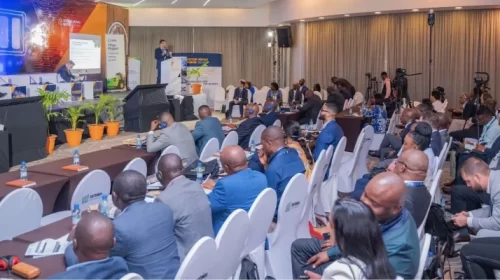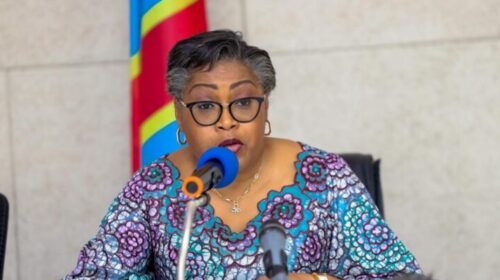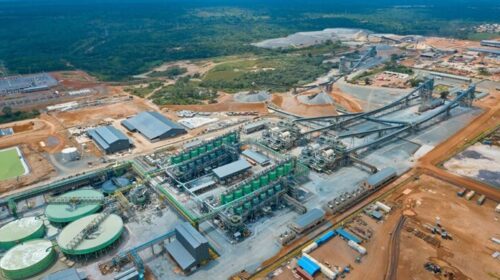Rwanda and Rio Tinto Strike Lithium Deal Despite DRC’s Reserves
The Democratic Republic of Congo (DRC) ranks seventh among the 23 countries worldwide with proven lithium reserves, yet neighboring Rwanda, devoid of such reserves, has struck a deal with mining giant Rio Tinto for lithium exploration and exploitation.
This move underscores a troubling trend of exploitation of Congo’s natural resources, exacerbated by the recent agreement between the European Union (EU) and Rwanda to develop value chains for critical raw materials, including those historically pillaged by armed groups linked to Rwanda.
The urgency for Congo to safeguard its territory and resources is paramount as multinational interests converge to subcontract raw material supply, despite Rwanda’s notoriety for resource plundering documented by international bodies like the United Nations and NGOs.
The Rio Tinto-Rwanda agreement, announced globally on January 29, 2024, aims to exploit primary lithium deposits in Rwanda’s western province.
While lithium is crucial for energy transition technologies, Rwanda’s absence from the list of lithium-reserved nations raises questions about the rationale behind multinational investments in a country with a history of resource exploitation.
Furthermore, the EU’s pact with Rwanda, signed on February 19, 2024, purports to foster sustainable value chains, despite Rwanda’s involvement in the illicit trade of minerals from Congo’s eastern region.
Rwanda’s role as a tantalum mining player and producer of other critical materials raises concerns about the international community’s complicity in turning a blind eye to Rwanda’s exploitation activities.
In the face of this international conspiracy, Congolese leaders must take decisive action to protect their territory and halt the looting, particularly orchestrated by Rwanda in the DRC’s eastern region.
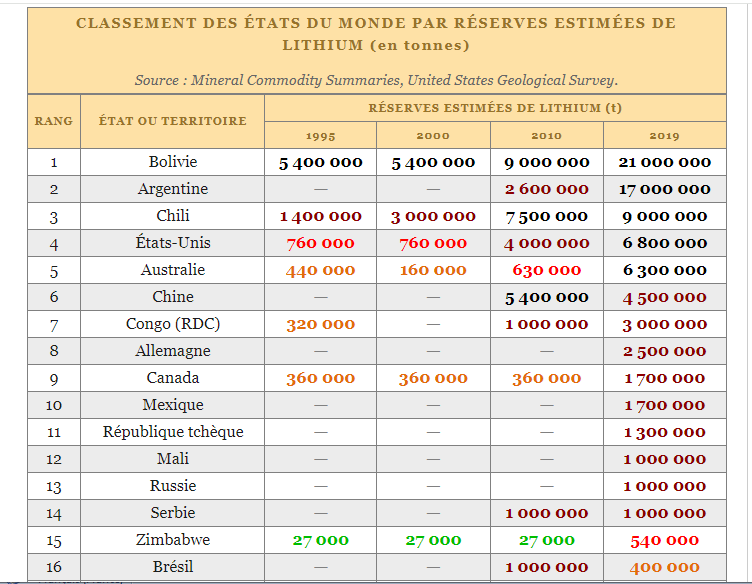
224 total views , 1 views today


